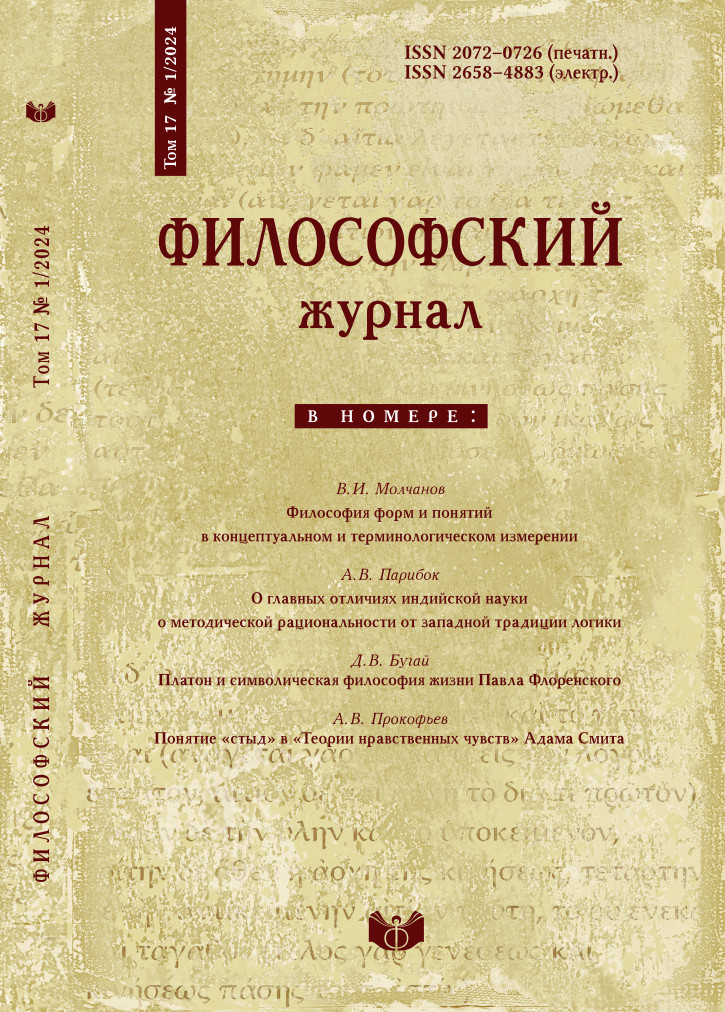The defence of the A. Plantinga’s 'Free will defence'
DOI:
https://doi.org/10.21146/2072-0726-2024-17-1-50-72Keywords:
Plantinga, Pruss, Free will defence, Problem of Evil, Good, Transworld Deprivity, Possible Worlds, MolinismAbstract
According to A. Plantinga’s Free will defence, God cannot actualize morally perfect world containing free creatures but no wrongdoings. The Defence is strengthened by the Transworld Depravity argument: the free agents must have wrongdoings in the possible worlds containing them. In the recent paper (2012) A. Pruss proposed the counterexamples to the Free will defence. Pruss introduced the categorical domination principle combined with the molinist’s counterfactuals of free creatures (which represent the Plantinga’s understanding of the compatibility of God’s foreknowledge with free will of agents) and drawn from these the counterexamples, according to which God can actualize morally perfect world containing free creatures. I believe that his counterexamples are false and Free will defence could be successfully defended with its key presuppositions. My defence of the Free will defence consists of the four interrelated arguments: (1) the Pruss’s worlds do not contain free persons; therefore God cannot actualize them, since the significantly moral freedom required that an agent must take the good action as the wrongs one; I also propose the additional Transworld Goodness argument; (2) the wrong-thoughts argument treats the thoughts as the kind of actions, ascribes them the moral properties and incorporate them into the process of the conciseness free choice; (3) the argument from the principle of the good/evil opposition, according to which the evil and the good mutually senseless without each other and one’ performing of wrongs actions requires the one’s performing of goods actions and vice versa: the latter characterizes the free agent as free as such as; (4) finally, I argue for the non-complete description of Pruss’s worlds which restricts analysis of agents’s actions only by the boundaries by single time-slice; instead of this we should examine them in the domain of such families of possible worlds, as the chains of sequences of the worlds with the time indices.






